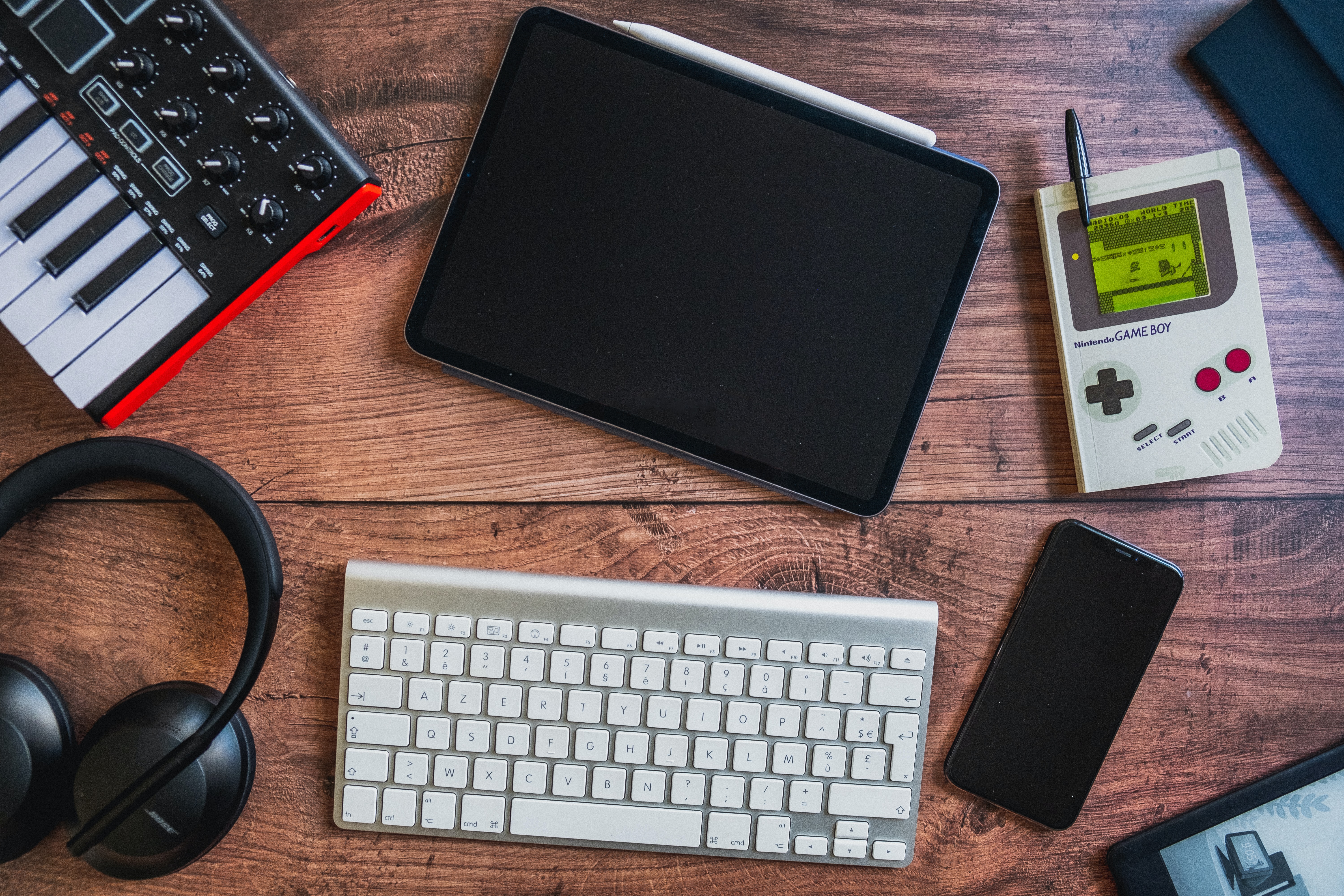Digital Literacy Competencies among Library Officers in State and Federal Universities in Ogun State, Nigeria
Digital Literacy Skills
Abstract
The adoption of technology has a great influence on the role and function of professionals in academic libraries. This study assessed the levels of digital literacy competence based on the use of computer/digital devices among library professional staff in Federal and State-owned Universities in Ogun State in Nigeria. The target population for the study consisted of Library officers (paraprofessional staff) using a total enumeration for the population (N=32). The descriptive survey design was adopted. Data were collected using a structured questionnaire tagged “Digital Literacy Skills Questionnaire” (DLSQ) consisting of 14 items on a four-point Likert-type scale and a response rate of 87.5% was achieved. Three hypotheses were tested at a 0.05 level of significance. Data were analyzed using frequency counts, percentage, means, standard deviation, and t-test statistical analysis. Results indicated that there was a significant difference in the level of digital literacy skills possessed by library officers in State universities. There was no significant difference in the level of use of digital devices among the staff in the two academic libraries. Based on the findings showed a high level of digital literacy competence. The study recommended that library management give adequate support to training and retraining of library officers in their quest of acquiring digital literacy competencies to enhance better use of technologies in their daily work processes.
Keywords: Digital literacy, library officers, literacy competencies, Nigeria, digital literacy skills

Downloads
Published
Issue
Section
License
World Libraries allows authors to maintain the copyright of their article or to give permission to World Libraries to hold the copyright. If contributors decide to maintain copyright, a Creative Commons license allows authors to determine how their work can be used. For more information on the types of licenses available, visit http://www.creativecommons.org/.
Authors submitting a paper to World Libraries do so with the understanding that Internet publishing is both an opportunity and a challenge. In this environment, authors and publishers do not always have the means to protect against unauthorized copying or editing of copyright-protected works.
World Libraries is a copyrighted product, and all rights are reserved worldwide. Permissions to use any materials appearing in World Libraries should be directed to Questions about World Libraries.
Downloads of specific portions of World Libraries articles are permitted for personal use only, not for commercial use or resale. Educational uses of World Libraries are permitted with permission of the authors of specific works appearing in World Libraries.
PRIVACY
World Libraries respects the privacy of both its readers and its contributors. To that end, World Libraries does not collect in its logs or other server tools the exact identities of its readers. World Libraries does not require its readers to sign in or to secure a unique ID or password. World Libraries does not use cookies.
World Libraries collects general information in its logs on the origins of users at the highest domain levels. Usage patterns are tracked in World Libraries to assist editors in making decisions about future content. In addition, this information is used for research on usage patterns to improve the site over time.
E-mail addresses used by World Libraries to notify readers of new issues are not disclosed to third parties.
